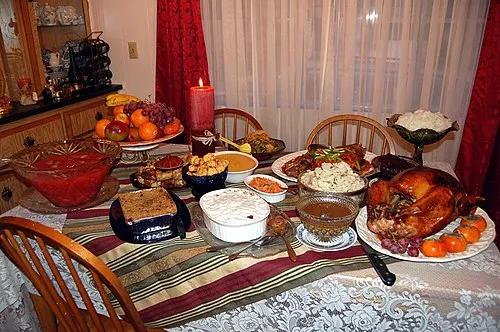
Celebrating Independence and Unity Day in Slovenia
Independence and Unity Day, celebrated on December 26th, marks a significant date in Slovenian history as it commemorates the country's declaration of independence from Yugoslavia in 1991. This day serves as a reminder of the struggles and triumphs that led to the establishment of Slovenia as a sovereign nation.
A Brief History of Independence in Slovenia
Before Slovenia became independent, it was one of the republics of Yugoslavia, which was a federation of several ethnic groups. Through the late 20th century, rising nationalism and a desire for autonomy led Slovenes to seek independence. On June 25, 1991, Slovenia's National Assembly proclaimed independence. The declaration was met with military intervention by the Yugoslav People's Army, leading to a brief but intense conflict known as the Ten-Day War.
Despite the turmoil, Slovenia was able to affirm its independence, and on December 26, 1990, the first free elections were held, leading to the establishment of a democratic government. Thus, December 26th became a day of celebration for Slovenians, embodying themes of unity, national pride, and perseverance.
Significance of Independence and Unity Day
This day is not only a celebration of freedom but also an opportunity for Slovenians to reflect on their identity and the importance of solidarity. Independence and Unity Day promotes national coherence, as the nation remembers the shared struggle of its people towards achieving independence. It highlights the values of self-determination and democratic governance, which are foundational to Slovenia's existence as a modern state.
Cultural Celebrations
Throughout the country, various events and activities are organized to honor this significant day. Festive gatherings, parades, and ceremonial events take place in major cities like Ljubljana, Maribor, and Celje. These celebrations often include speeches by government officials, cultural performances, and exhibitions that showcase Slovenia's rich heritage.
In Ljubljana, the capital city, the central square fills with jubilant crowds as they come together for music, food, and shared memories of independence. Traditional Slovenian dishes are served, reflecting the country’s diverse cultural influences. Additionally, fireworks often illuminate the night sky, symbolizing joy and hope for the future.
Unity Through Diversity
One of the key messages of Independence and Unity Day is the importance of diversity within the nation. Slovenia is home to various cultural and ethnic groups, each contributing to the nation's mosaic. Celebrating Independence and Unity Day is an opportunity for Slovenians to embrace their different backgrounds and promote a sense of belonging.
Efforts have been made to recognize minority communities, fostering an inclusive society that respects and values its variety. Cultural events often showcase performances from various ethnic groups, highlighting the beautiful diversity that characterizes Slovenia.
Looking Forward
As Slovenia continues to grow and evolve, Independence and Unity Day serves as a reminder of the past while also encouraging citizens to look towards the future. The challenges faced during the journey to independence have shaped the national identity and inspired a commitment to unity among its citizens.
The day not only commemorates independence but also emphasizes the ongoing need for collaboration and understanding across different groups within Slovenia. It’s a chance for the people of Slovenia to reaffirm their commitment to fostering a harmonious and united nation.
Conclusion
Independence and Unity Day is much more than a historical anniversary; it embodies the spirit of Slovenia itself—resilient, united, and proud of its independence. As citizens come together to celebrate their accomplishments and cultural richness, they also renew their dedication towards building a prosperous, inclusive, and united future.






